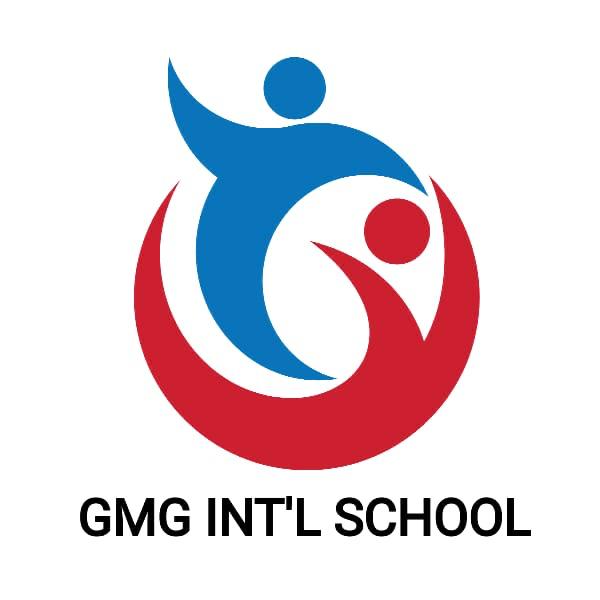OBJECTIVE
Providing Quality Academic programs that foster Critical thinking, Creativity and Love for Learning among Students.
Motto: We Strive for Excellence while Shaping Futures!
...................................................................................................
Quality academic programs
Quality academic programs that foster critical thinking are indispensable in shaping individuals who can navigate the complexities of the modern world. Such programs go beyond mere dissemination of information; they cultivate a mindset that questions assumptions, evaluates evidence, and seeks innovative solutions. In a rapidly evolving landscape, where knowledge becomes obsolete at an alarming rate, the ability to think critically becomes a vital skill.
At the heart of quality academic programs lies the emphasis on interdisciplinary learning. By integrating various disciplines, students are encouraged to explore connections between different fields, fostering a holistic understanding of issues. This approach not only broadens perspectives but also nurtures the capacity to approach problems from multiple angles, a hallmark of critical thinking.
Moreover, these programs prioritize experiential learning. Whether through internships, research projects, or community engagement, students are provided with opportunities to apply theoretical knowledge in real-world contexts. This hands-on experience not only reinforces learning but also instills resilience and adaptability, essential attributes for effective critical thinkers.
Furthermore, fostering critical thinking requires creating an inclusive and supportive learning environment. Students must feel empowered to voice their opinions, challenge prevailing notions, and engage in constructive dialogue. By nurturing a culture of intellectual curiosity and respect for diverse perspectives, academic programs lay the foundation for robust critical thinking skills.
In addition, technology plays a pivotal role in enhancing the quality of academic programs. By leveraging digital tools and platforms, educators can facilitate interactive learning experiences, encourage collaborative problem-solving, and provide instant access to a wealth of information. However, it is imperative to strike a balance and ensure that technology complements, rather than substitutes, traditional pedagogical methods.
Ultimately, the goal of quality academic programs is not just to produce proficient professionals but also informed citizens who can contribute meaningfully to society. By prioritizing critical thinking skills, these programs empower individuals to navigate the complexities of the contemporary world with confidence and discernment. As we confront multifaceted challenges ranging from climate change to socioeconomic inequality, the importance of fostering critical thinking in education cannot be overstated. It is the cornerstone upon which a more equitable, innovative, and sustainable future can be built.







0 comments:
Post a Comment